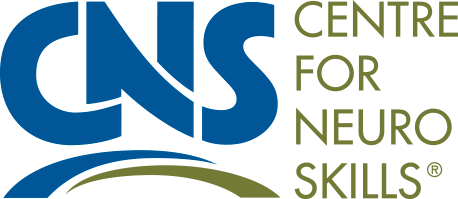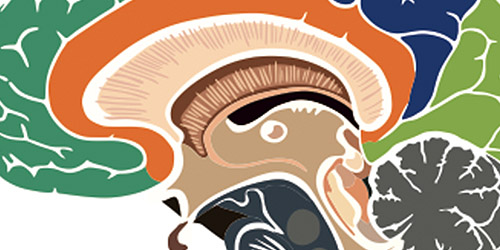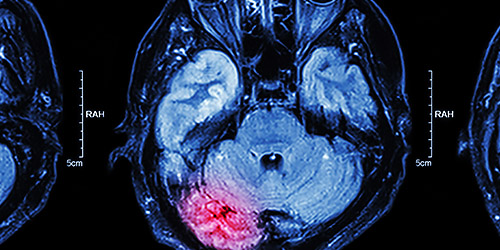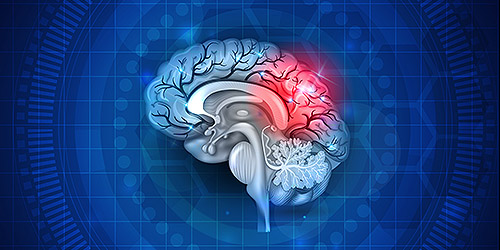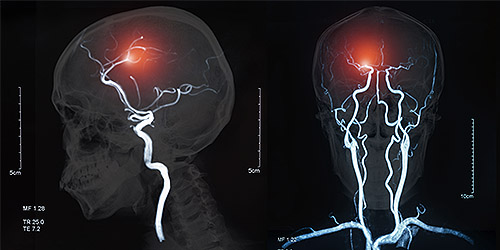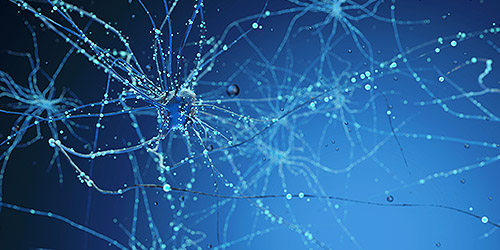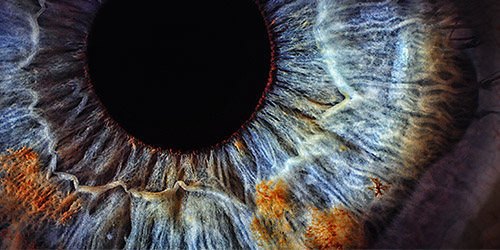Brain Injury
Brain injury can occur in many ways. Traumatic brain injuries typically result from accidents in which the head is struck. This is the most common type of traumatic brain injury. However, other brain injuries, such as those caused by a cerebral vascular accident, insufficient oxygen, poisoning, or infection, can cause similar deficits.
